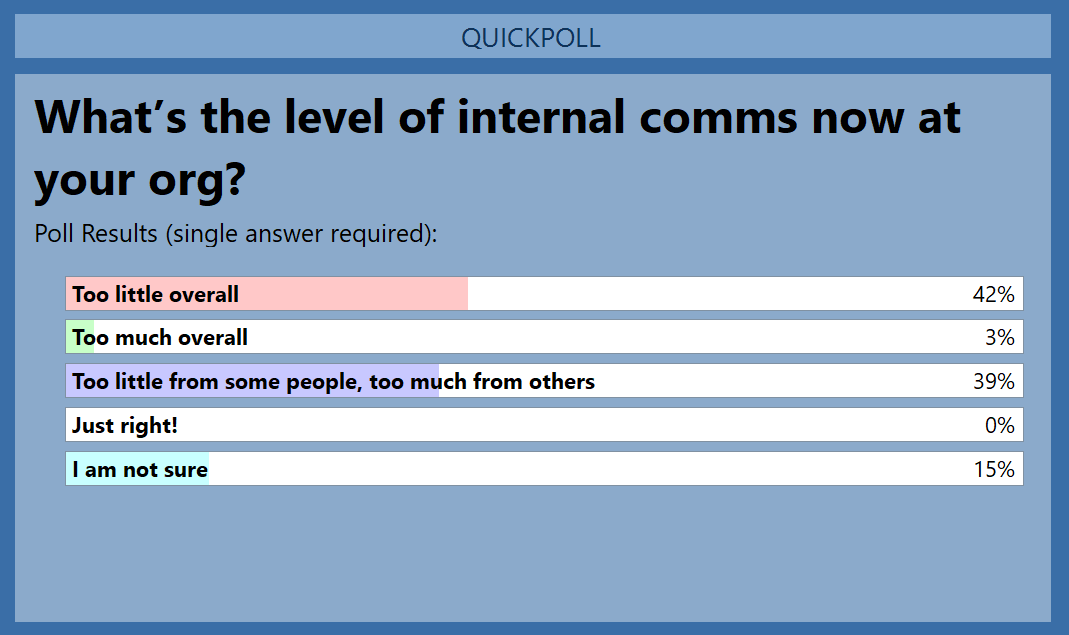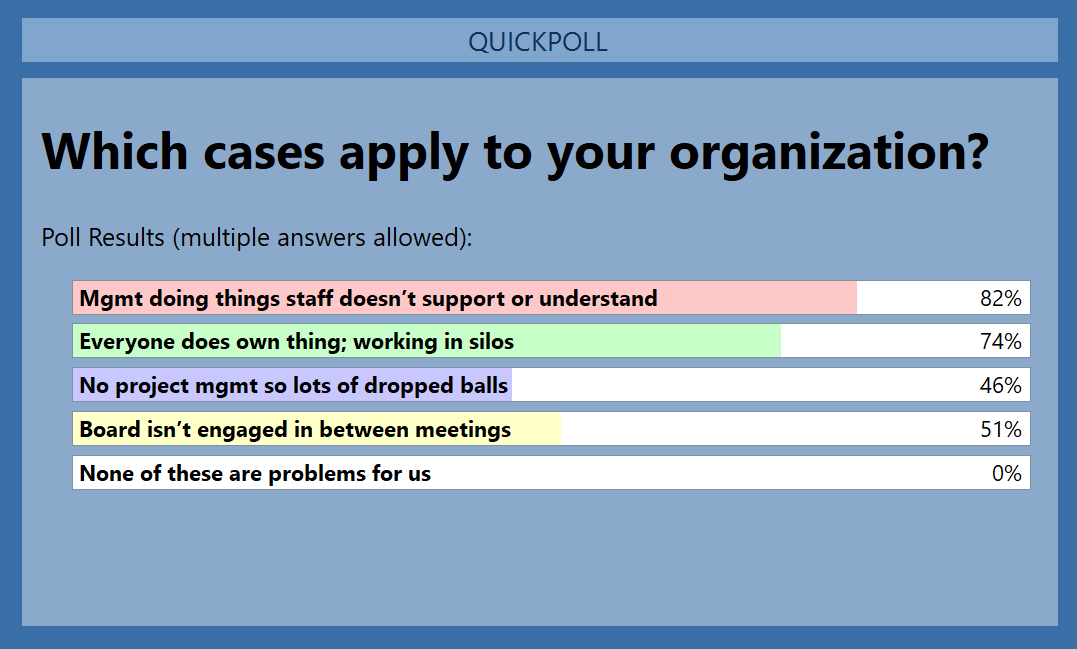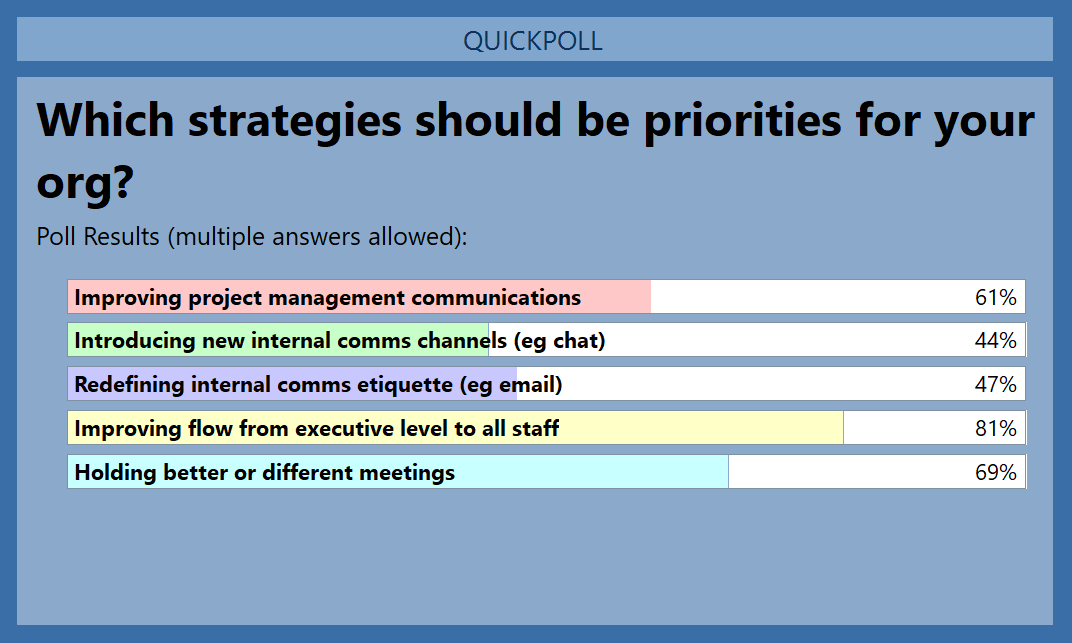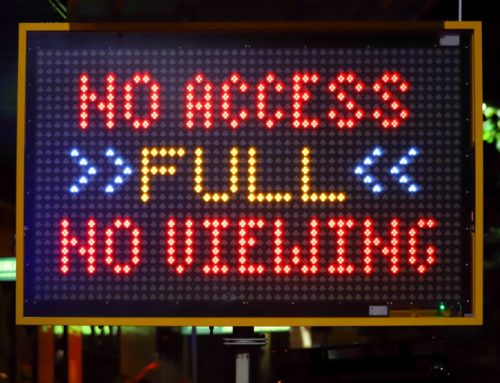Clear and authentic internal communications is an organizational leadership requirement. End of story.
Oh, how nonprofit communications directors wish it were so!
Unfortunately, many nonprofit executives are good at the programmatic work of their nonprofit’s mission, but lousy at many management skills, including supervision and internal comms.
So where do staff people turn for help when internal communication from leadership is clearly lacking? Yep, they turn to the communications director on staff whose primary job is EXTERNAL communications.
While this makes sense in many ways — comms people understand messaging and the technology to distribute it, regardless of whether the audience is internal or external — it’s also potentially a HUGE distraction from their true priorities.
Becoming the internal messenger that your coworkers then start to blame for either sharing bad news with them or sharing news of any kind too slowly has very little upside and a whole lot of problems.
On our Internal Comms webinar yesterday, I asked a few poll questions to gauge how big an issue this might be, and the answers pointed to conditions being even worse than I feared.

Too little communications and especially from the right people was a far bigger problem than too much internal communications.

When we asked more specifically about which kinds of problems were cropping up, “management doing things that staff doesn’t support or understand” was the most popular scenario, with a whopping 82% saying it’s a problem in their organization.

When we talked about which strategies to prioritize to improve internal communications in nonprofits, again, by a huge margin, “improving the flow of information from the executive level to all staff” was the big winner (or loser depending on how you look at it!)
I expected much more complaining about email and meetings, frankly.
But it’s poor communicators in leadership roles that frustrates the most.
I cautioned communications directors about taking this on too willingly. You don’t have to automatically make up for leadership failures just because you have the technical know-how to do so.
At the same time, the reality is that 90% of communications directors say that they have at least a minor role in internal communications, according to our Trends Report research.
What do you think? How much should communications directors do to make up for executives who aren’t good internal communicators?





